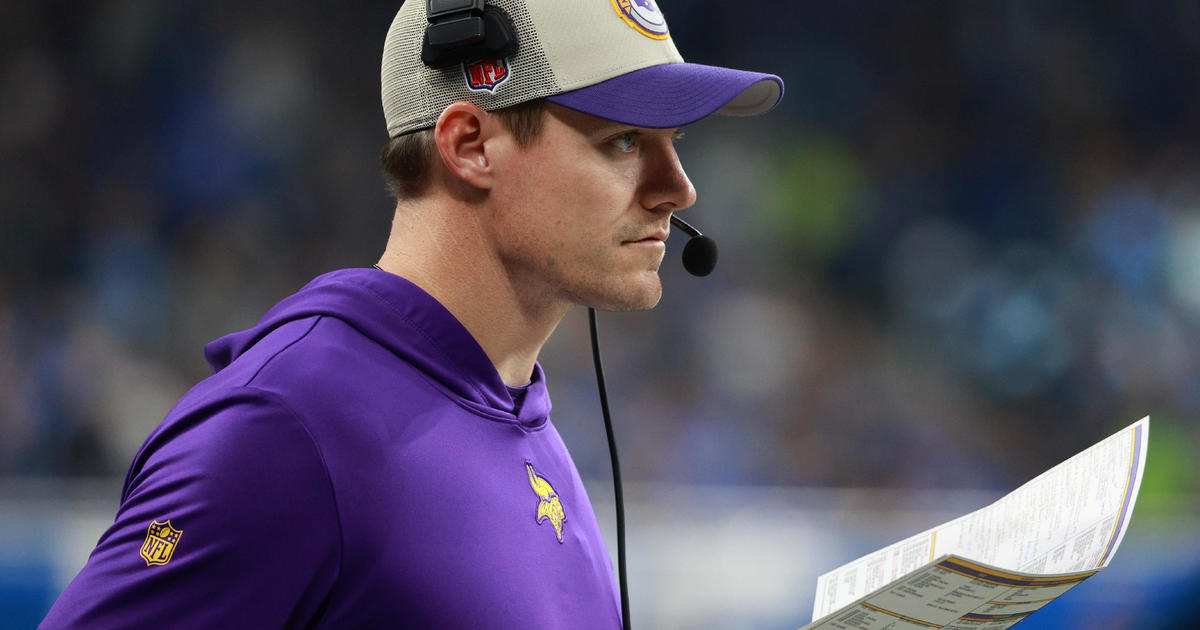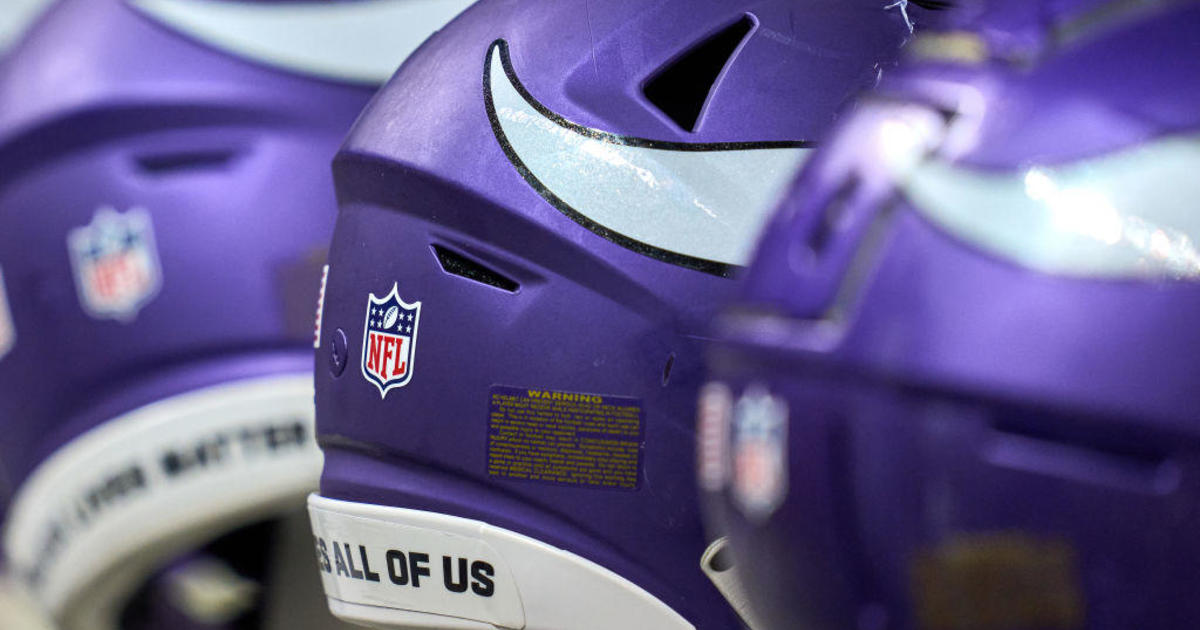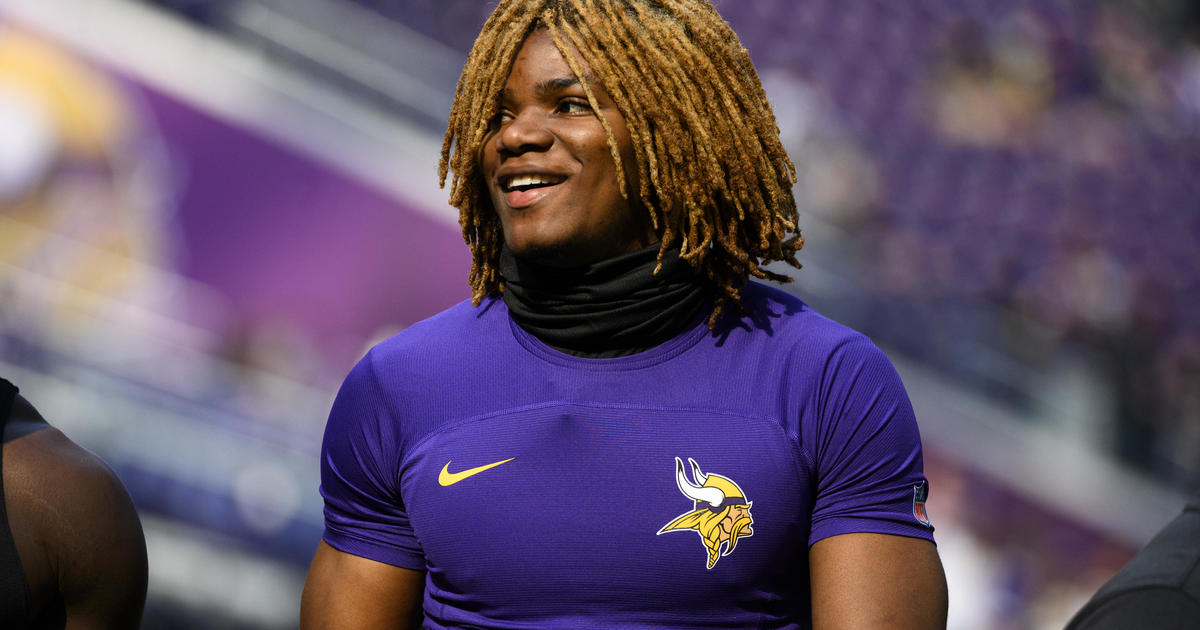What Makes Us So Crazy About Sports?
MINNEAPOLIS (WCCO) -- Admit it -- you might have cried a little last night after watching the Vikings win. If you watched any of the social media videos of fans reacting to the game, you'll realize, you're not alone.
Sports can invoke powerful emotions and even temporary changes in our bodies. But, why? What makes us so crazy about sports? Good Question.
"When you look at how we're wired, humans want meaning and we want safety and we want security and we want to be part of something bigger than ourselves," says John Tauer, a professor of psychology at the University of St. Thomas.
Some psychologists trace fandom back to primitive times when people lived in tribes and fought to protect their people.
"Sports are sort of interesting microcosm of society where we get to do all of that without the blood, sweat and tears of the players, but we do get to associate with them," Tauer says.
According to a study in the Canadian Journal of Cardiology that looked at fans of the Montral Canadiens, a person's heart rate can jump 75 percent when watching hockey on television. The rate can jump 110 percent when watching the game in person.
According to Dr. Bradley Bart, Chief of Cardiology at Hennepin County Medical Center, the emotional stress of watching sports can increase stress hormones, like adrenaline. It can raise heart rates and blood pressure and put stress on the cardiovascular system.
He says the staff at HCMC isn't surprised when a patient suffering a heart attack comes to the hospital straight from a sporting event at U.S. Bank Stadium. Dr. Bart says those patients are generally already at risk of having a heart attack, but "the stress of the game is an event that might have tipped them over."
According to Ed Hirt, a psychologist who has studied "fandom" at Indiana University, people can see their hometown team as a reflection of themselves. If the team is successful, then the fan is successful.
"It's an opportunity to indirectly boost their own self-esteem," Hirt says.
He also says people often share sports with other people, so it can be considered a bonding experience. People also might have fond memories of learning or playing sports when they were children that have translated into the present.
Tauer points to research that shows fan will BIRG – Bask in Reflected Glory – following a big win. Studies have shown college students are more likely to wear their college gear when their team is doing well.
"If you walk around today, people have a little bounce in their step even when it's freezing and windy and snowy," he says. "Today Minnesotans seem like they're on Cloud Nine."
Then, throw in some excitement and anticipation for next Sunday's game, and the emotions continue to build.
"When you think about human emotions, hope and optimism, those are things that carry through," Tauer says. "Through this week, people will start coming down, but they're also looking forward to that next game."



